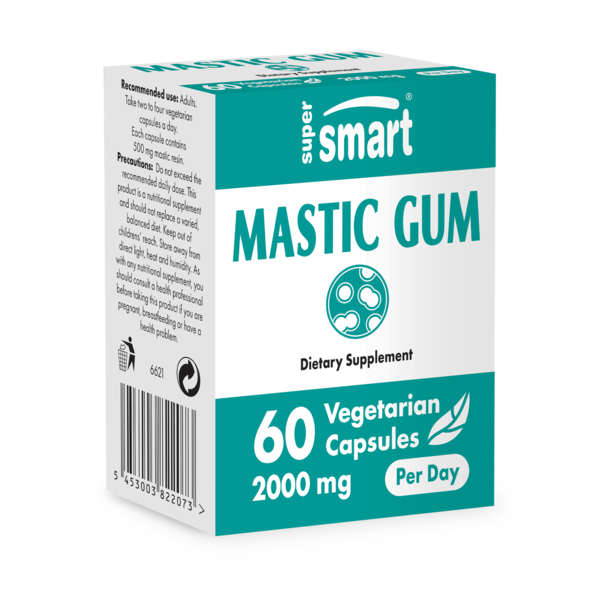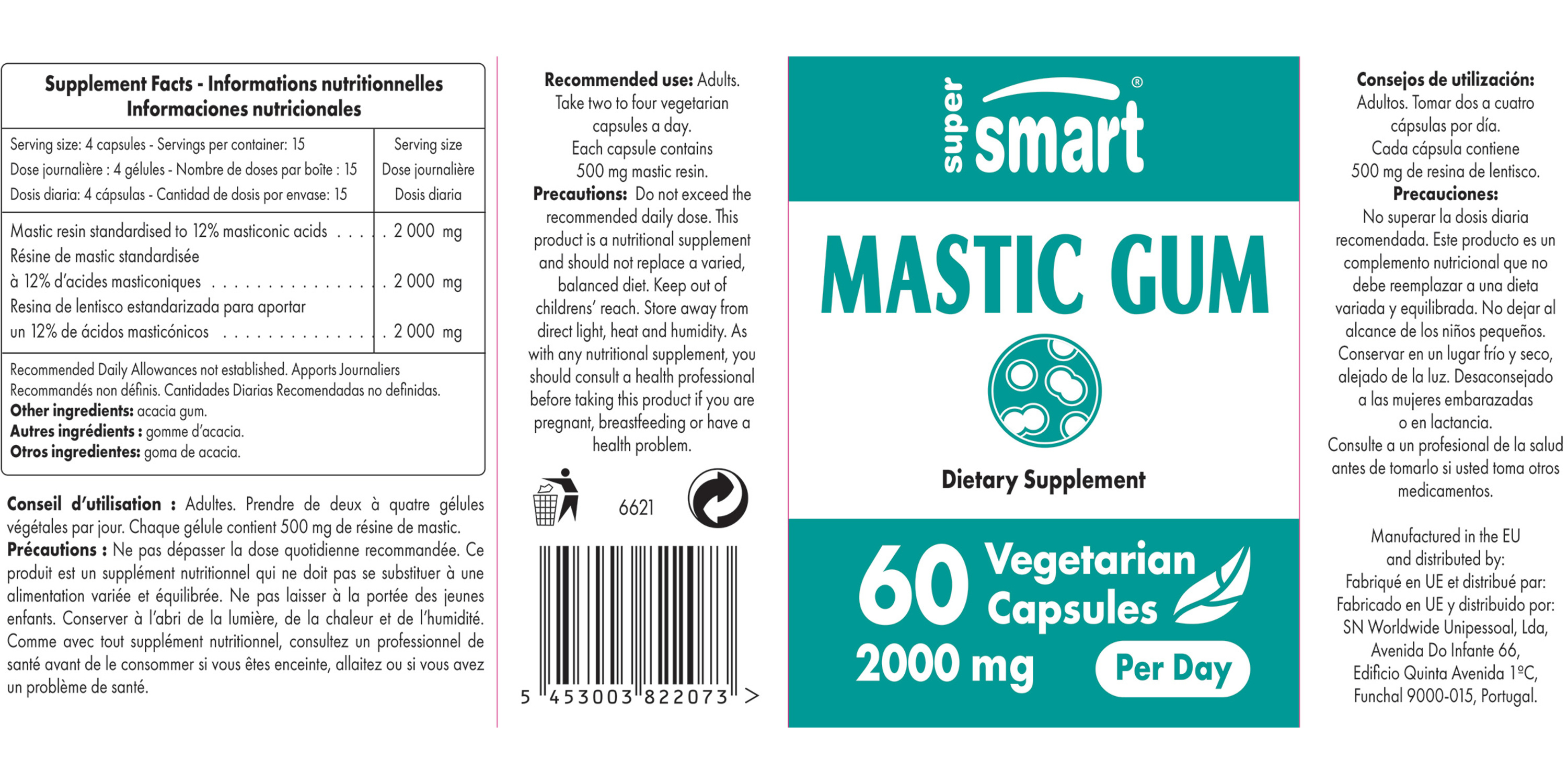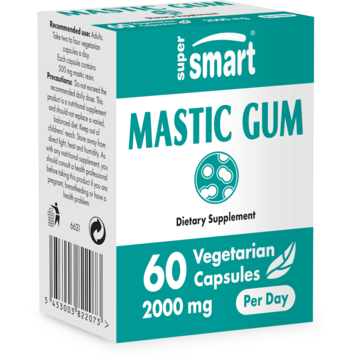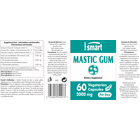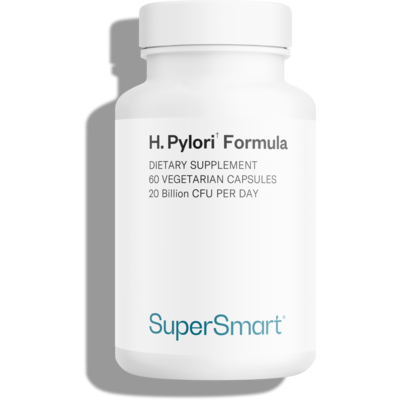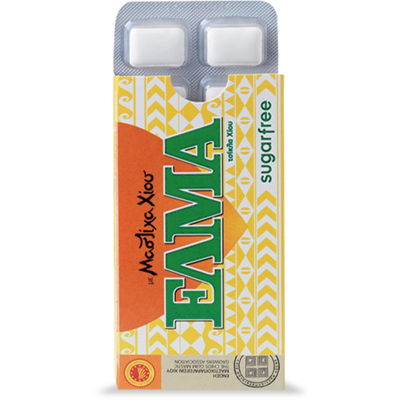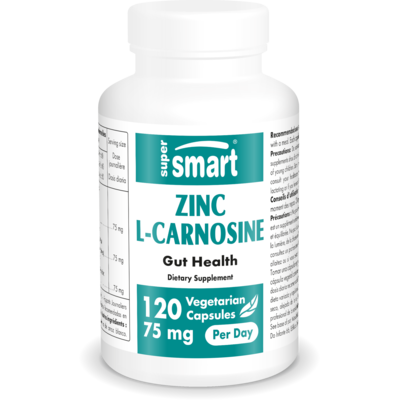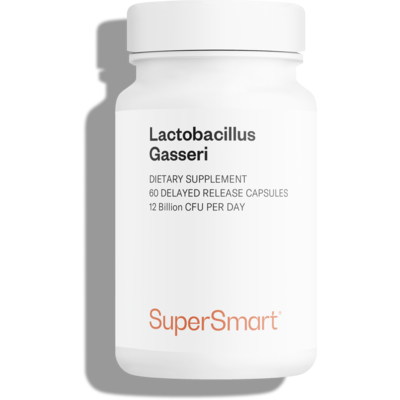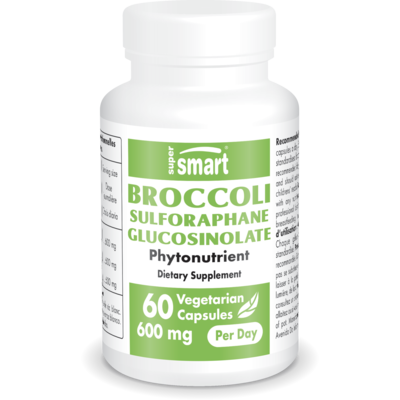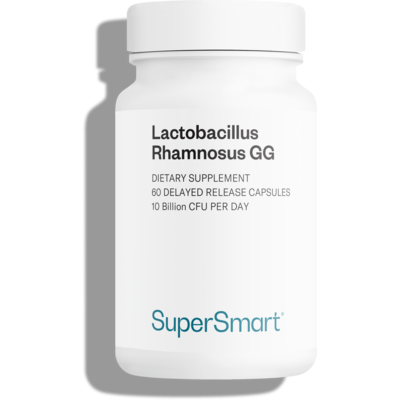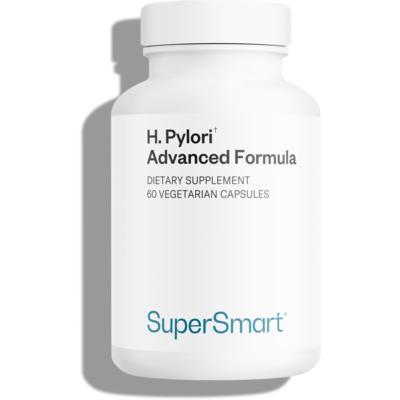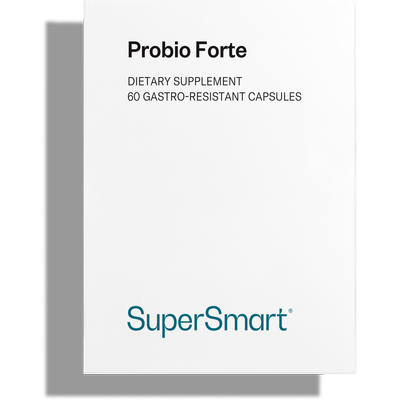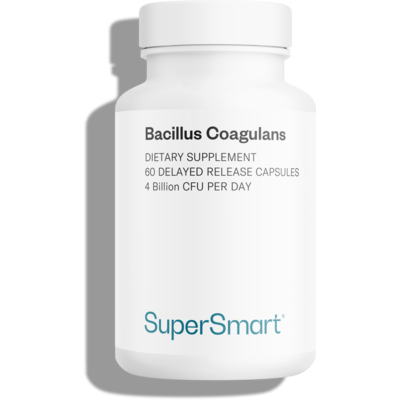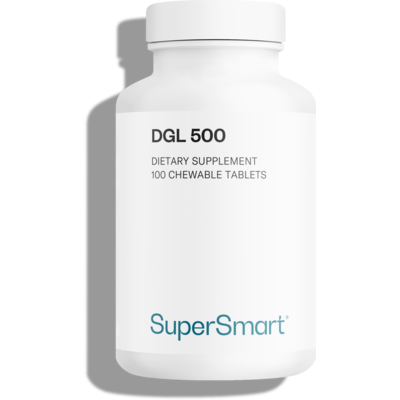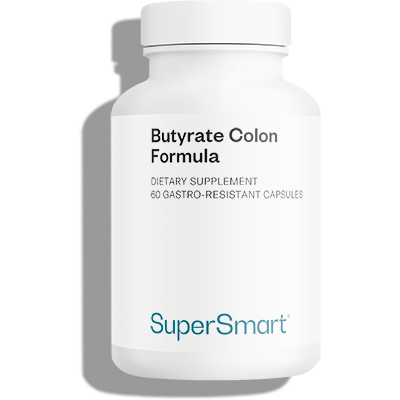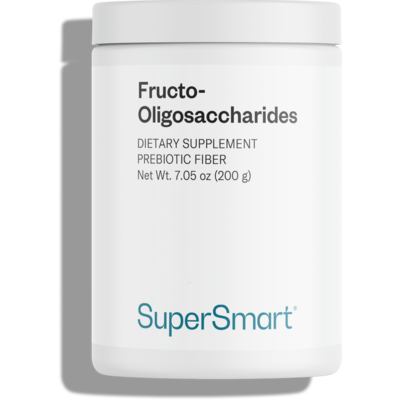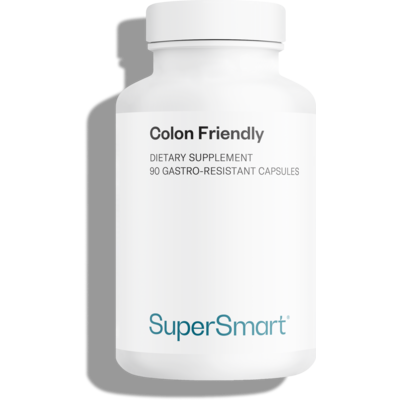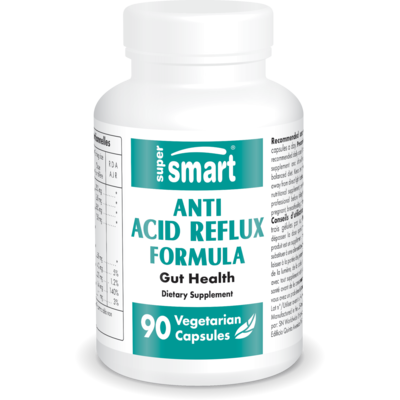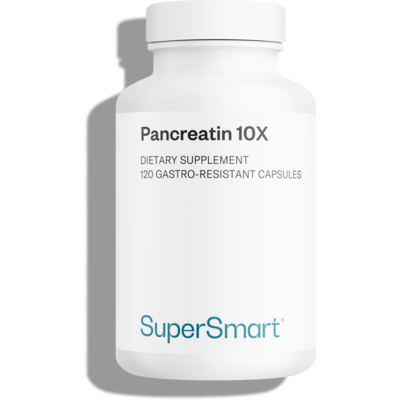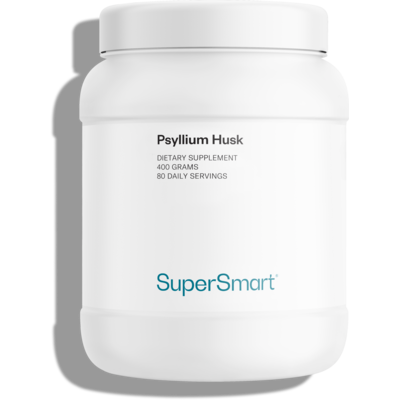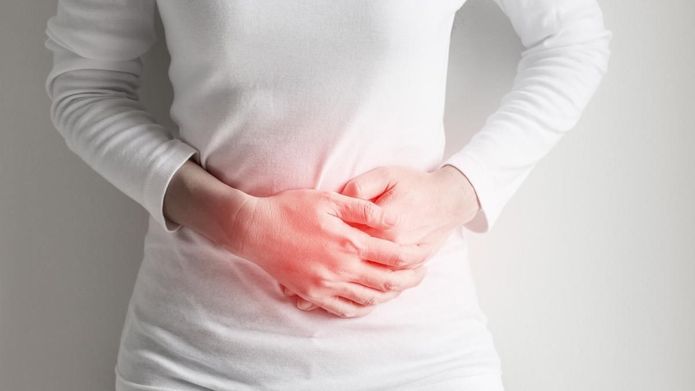
Mastic Gum
Mastic Gum Supplement from Pistacia Lentiscus for Gut Health and Digestive Support *
Create Your Offer
Our Mastic Gum supplement is a traditional botanical extract obtained from the resin of the Pistacia lentiscus tree.* Potentially valued for centuries, it is now available in a standardized supplement form containing 12% masticonic acids.*
Modern research seems to be exploring its potential to help support microbial balance, including in the context of Helicobacter pylori (H. pylori), a common gut bacterium.*
What is H. Pylori?*
Helicobacter pylori (H. pylori) is a type of bacteria that may naturally inhabit the human stomach.* Even if the stomach is supposed to have an acidic environment, H. pylori seems to have developed unique adaptations that may allow it to persist in the gastrointestinal tract.*
It is hypothesized that a large portion of the global population may carry this microorganism without noticeable effects.* H. pylori appears to produce an enzyme called urease, which may help it tolerate acidic conditions by temporarily balancing stomach acid in its immediate surroundings.*
Current research seems to keep exploring the role of H. pylori in digestive health and microbial balance.* While its presence might be common, individual responses and outcomes may vary.*
Potential Benefits Associated with Mastic Gum*
Mastic gum may help support digestive wellness by potentially soothing the GI tract, promoting a healthy microbial balance, and maintaining the structure of the stomach lining.* Preliminary research seems to suggest that it may be of interest for those looking to manage gut health in relation to H. pylori, though more human studies may be needed.*
In fact, mastic gum may help:*
- Ease occasional digestive discomfort.*
- Support the integrity of the stomach and intestinal lining.*
- Contribute to microbial balance in the gastrointestinal tract, including H. pylori.*
- Promote oral freshness naturally.*
Note: while some studies appear to have explored the interaction between mastic gum and H. pylori, these findings are preliminary and not intended to suggest a specific effect.*
Mastic Gum may be a natural way to help support your digestive routine with plant-based balance and tradition.*
Other Supplements That May Help Promote Digestive Wellness*
In addition to Mastic Gum, some other nutritional supplements from SuperSmart may be of interest:*
- H. Pylori Fight is a probiotic supplement studied for its potential role in supporting microbial harmony.*
- Pancreatin 10X is a digestive enzyme blend in gastro-resistant capsules designed to aid digestion naturally.*
WARNINGS
Do not exceed the recommended daily dose. This product is a nutritional supplement and should not be used as a substitute for a varied and balanced diet or a healthy lifestyle.
STORAGE
Store in a cool, dry place away from direct sunlight, heat, and humidity. Keep out of reach of children.
PREGNANCY AND MEDICAL CONDITIONS
If you are pregnant, breastfeeding, or have any medical conditions, consult your healthcare provider before using this product.
SUPPLEMENT INTERACTIONS
Consult your healthcare provider before use, especially if you are taking any medications or other supplements as there may be potential interactions.
Need Help?
Phone
+1 (786) 522-3907
From 9 am to 6 pm (EST)
You May Also Like

